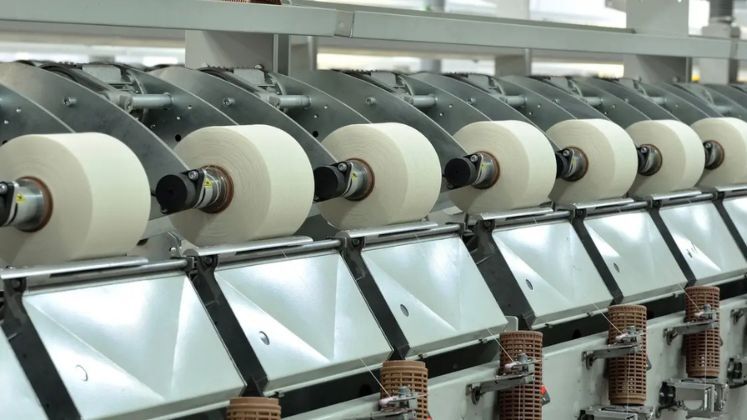
During the 132nd SLSWCA meeting, which was presided over by the Chief Secretary, the Odisha government recently authorised 15 new investment projects. One of the most notable of these projects promises to help the local cotton sector while addressing the growing issue of textile waste. The initiative, which is headed by Odisha Textile Manufacturing Pvt Ltd (OTM), intends to address post-industrial textile waste as well as municipal textile waste, providing a long-term solution to the environmental problem.
The launch of Odisha’s first greenfield spinning mill in decades makes this new OTM project more noteworthy. The cutting-edge mill will lessen the need for landfills and incineration by managing textile waste and producing value from it.
This facility will handle textile waste from municipalities and the apparel industry by incorporating cutting-edge recycling technologies, guaranteeing a more sustainable waste management system.
OTM is reportedly partnering with Balkan Textile Machinery of Turkey and Trutzschler of Germany to import top-notch textile recycling technology. Trutzschler is a well-known leader in spinning preparatory equipment, whereas Balkan is one of the top producers of textile hard waste recycling systems. OTM is negotiating with Saurer AG, Switzerland, to import the newest rotor and ring spinning technology for the spinning mill.
Trützschler recently produced a ring yarn using 60 per cent pre-consumer waste in partnership with a fashion company that sought to repurpose pre-consumer trash. OTM intends to lead the way in Odisha in this regard.
Additionally, by generating demand for cotton cultivated in Odisha, a resource that has long been underutilised, OTM’s mill will help local farmers. Both the agricultural and textile industries will gain from the facility’s direct sourcing of cotton from nearby farmers.
It is anticipated that this initiative will be crucial to the development of an environmentally responsible and sustainable textile sector in Odisha, as well as offering much-needed assistance to local governments struggling with waste management issues. Additionally, by generating employment and promoting expansion in the textile and agricultural industries, it will support Odisha’s overall economic development.






